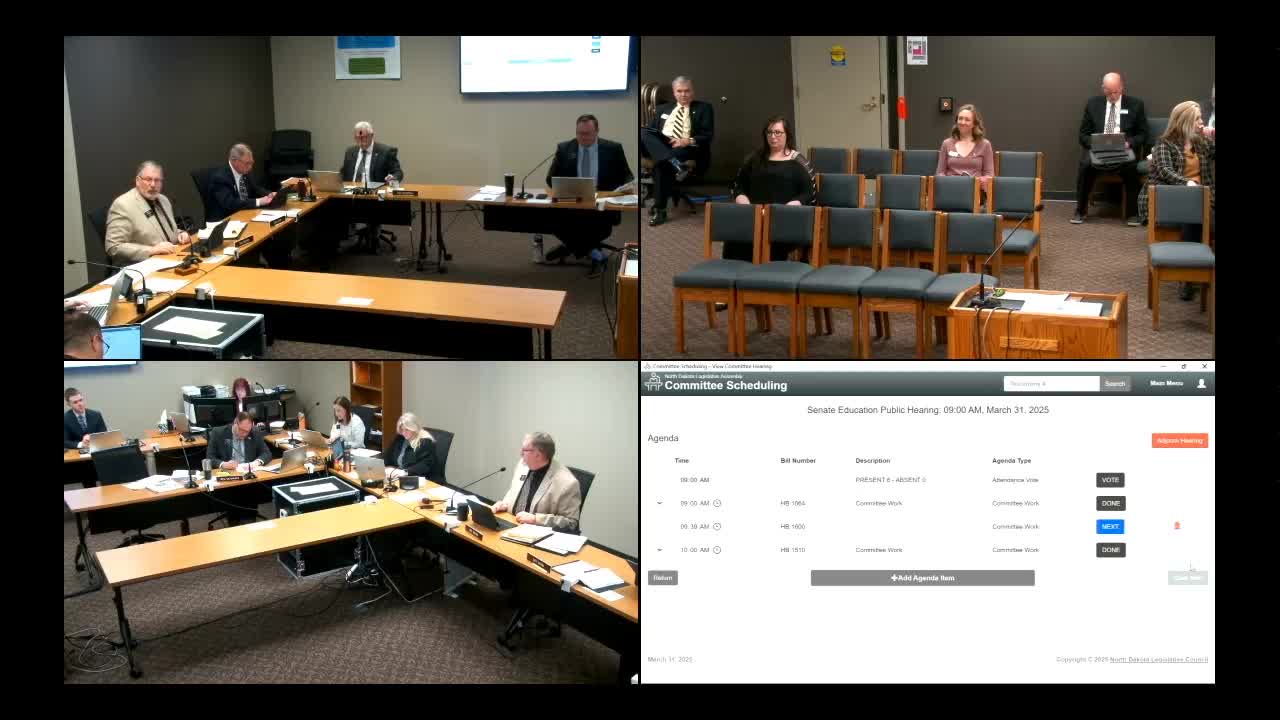Senate Education Committee approves statewide school cell‑phone policy bill with clarifying amendments; debate centers on enforcement and "silenced vs. powered‑
Get AI-powered insights, summaries, and transcripts
Subscribe
Summary
The Senate Education Committee approved House Bill 1160 as amended, creating a statewide framework for limiting student personal‑device use during instructional time and directing a uniform reporting system for districts by 2026.
The Senate Education Committee approved House Bill 1160 as amended, a bill providing a statewide framework for school policies that limit students’ personal electronic device use during instructional time. The committee passed a packet of clarifying edits and then voted to recommend the bill for passage in committee (vote recorded as 5‑yes, 1‑no).
Amendments clarified that the policy applies to devices while on school premises and that certain off‑site instructional or virtual environments are excluded. The revised language clarifies that school districts — or a charter school’s governing body — adopt local rules to implement the statewide framework; it also adds career and technical education centers to the list of covered settings and explicitly notes that virtual schools are not included.
The amendment tightened definitions for instructional time (including lunch and passing periods in the amended language) and explicitly permitted districts to allow device use outside instructional time (for example, on school buses or field trips) according to locally adopted policy. The amendment also clarified that district policies may permit district‑approved devices for instructional purposes and added an authorized‑caregiver exception for necessary parent‑school communications.
Lawmakers debated enforcement mechanics and whether the bill should allow devices to be silenced rather than fully powered off during the school day. Senator Axman and others argued districts should have flexibility for enforcement and local implementation; Senator Grama expressed concern that permitting silencing could allow students ways to circumvent the rule. The amendment directs the Superintendent of Public Instruction to establish a uniform reporting system by 2026 so districts can submit comparable data on implementation and outcomes.
The committee adopted the amendment packet unanimously (6‑0) and then approved a motion for a due pass on the bill as amended (5‑1). Committee members said the changes responded to school boards’ requests for clearer drafting about field trips, approved devices, and reporting expectations; the bill now moves forward with the clarified language.
